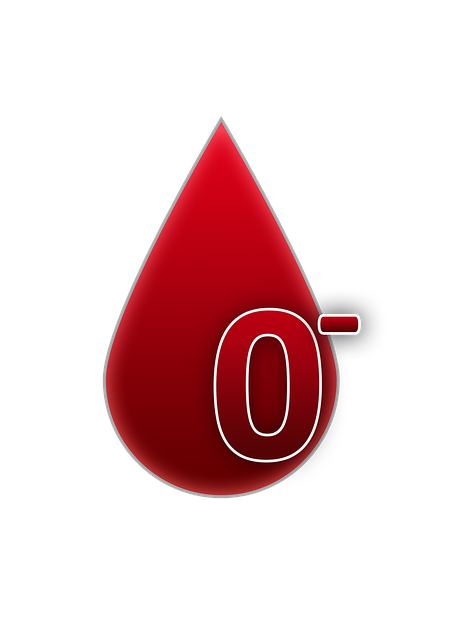Iron deficiency anemia, characterized by low iron levels, causes fatigue and weakness. In the UK, diagnosis often involves the UK Advanced Liver Blood Test (ALBT), which measures key markers like ferritin, transferrin saturation, hemoglobin, ALT, AST, ALP, GGT, and bilirubin to assess red blood cell health and detect underlying liver issues contributing to iron loss. ALBT is vital for accurate anemia diagnosis and appropriate treatment recommendations.
“Iron deficiency anemia, a common yet serious condition, affects millions globally. Understanding its subtle symptoms and underlying causes is key to early detection. This comprehensive guide explores the critical role of blood tests in diagnosing iron deficiency anemia, with a focus on the UK Advanced Liver Blood Test—a powerful tool for identifying deficiencies. We’ll decipher common test results, discuss intervention timelines, management strategies, and prevention methods, empowering readers to recognize and address this condition effectively.”
- Understanding Iron Deficiency Anemia: Symptoms and Causes
- The Role of Blood Tests in Diagnosis
- UK Advanced Liver Blood Test: What to Expect
Understanding Iron Deficiency Anemia: Symptoms and Causes
Iron deficiency anemia is a common blood disorder where the body lacks adequate iron, leading to reduced production of healthy red blood cells. This condition can result in symptoms such as fatigue, weakness, pale skin, shortness of breath, dizziness, and headaches. It is caused by various factors including blood loss, inadequate iron intake, or impaired absorption of iron in the digestive tract.
In the UK, advanced liver blood tests often include measurements for iron levels to diagnose this condition. These tests assess ferritin, a protein that stores iron in the body. Low ferritin levels can indicate iron deficiency anemia. Other indicators may include low hemoglobin (a component of red blood cells) and reduced hematocrit (the percentage of red blood cells in the blood). Understanding these symptoms and causes is crucial for prompt diagnosis and treatment.
The Role of Blood Tests in Diagnosis
In the diagnosis of iron deficiency anemia, blood tests play a pivotal role by providing essential insights into the health of red blood cells and the body’s iron levels. One of the key tests in the UK is the Advanced Liver Blood Test (ALBT), which goes beyond basic measurements to offer a comprehensive analysis. This test evaluates various markers, including ferritin, transferrin saturation, and hemoglobin levels, all crucial for identifying anemia.
The ALBT helps healthcare professionals determine if iron deficiency is present and assess its severity. Ferritin, a protein that stores iron, is a key indicator; low levels suggest potential deficiency. Additionally, the test can reveal underlying issues like chronic diseases or nutrient malabsorption, which might contribute to iron loss. By combining these results with symptoms evaluation, doctors can confidently diagnose iron deficiency anemia and recommend appropriate treatment options.
UK Advanced Liver Blood Test: What to Expect
In the UK, the Advanced Liver Blood Test (ALBT) is a comprehensive assessment that plays a pivotal role in detecting iron deficiency anemia and evaluating liver health. This test goes beyond basic measurements by examining various enzymes, proteins, and other indicators specific to liver function. It provides healthcare professionals with valuable insights into potential issues within the liver and associated organs.
During an ALBT, healthcare providers analyze blood samples for elevated levels of certain enzymes like alanine aminotransferase (ALT), aspartate aminotransferase (AST), alkaline phosphatase (ALP), gamma-glutamyl transferase (GGT), and bilirubin. Abnormalities in these levels can suggest liver damage, inflammation, or conditions such as hepatitis, cirrhosis, or even iron deficiency anemia, where the body’s ability to produce healthy red blood cells is compromised.
Iron deficiency anemia is a common but manageable condition, and early detection through accurate blood tests, such as the UK Advanced Liver Blood Test, plays a pivotal role in treatment. By understanding the symptoms and underlying causes, individuals can promptly seek diagnosis and access effective remedies to restore overall health. This comprehensive approach ensures that simple deficiencies are addressed efficiently, leading to a healthier and more vibrant life.
